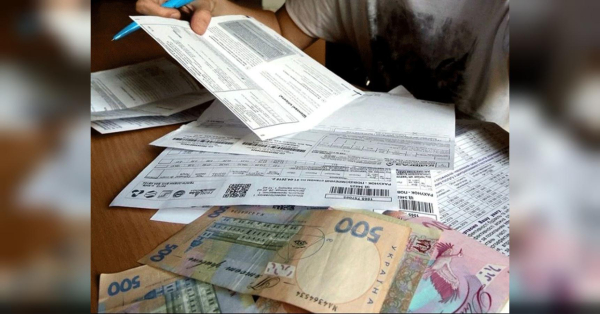
MEXICO CITY — Mexico’s government statistics agency has acknowledged it had to pay gangs to enter some towns to do census work last year.
National Statistics Institute Assistant Director Susana Pérez Cadena told a congressional committee Thursday that workers also were forced to hire criminals in order to carry out some census interviews.
One census taker was kidnapped while trying to do that work, Pérez Cadena said. She said the problem was worse in rural Mexico, and that the institute had to employ various methods to be able to operate in those regions.
“There are a lot of different strategies, including in some cases, paying in order to enter,” she said. “Another very important one is hire people from the area who know the local inhabitants very well in the area being surveyed, and who are very well known to the locals as people are may be involved in crime.”
In north-central Mexico, where drug turf wars and migration are problems, census workers found abandoned farming communities with no one left to survey.
The institute is government funded but enjoys near complete autonomy to ensure statistics aren't altered by politicians.
Security analyst David Saucedo said Friday that drug cartels and gangs target census workers, polling firms and marketing researchers in some parts of Mexico for a myriad of reasons.
“There are cases in which organized crime groups extort money from survey workers and their supervisors in order to do polls. It is pure and simple extortion,” Saucedo said.
Other factors make going door to door to ask questions an even more dangerous type of work, he said.
“Sometimes the cartels harass polling workers because they mistake them for rival gang members, given that sometimes the rivals disguise themselves as pollsters or government workers to carry out intelligence work in the enemy's territory,” Saucedo said.
In places like the conflict-torn states of Michoacan and Guerrero, drug cartels may want to influence polling results to boost the candidacies of politicians who would be allied with them. Some parties in Mexico use polls to determine primary races.
“If they (cartels) find pollsters carrying out surveys, they will abduct them and force them to interview residents who support the cartel, so the results come out in favor of the candidates they have chosen,” Saucedo noted.
Pérez Caden's testimony came amid increasing concerns that authorities have abandoned some areas of Mexico to the control of drug gangs.
Federal officials say the Los Ardillos drug gang organized a demonstration earlier this month involving hundreds of people in the southern city of Chilpancingo, aiming to force the government to release two detained gang leaders who were charged with drug and weapons possession.
The demonstrators largely blocked all traffic on the highway between Mexico City and Acapulco for two days, battled security forces and commandeered a police armored truck and used it to ram down the gates of the state legislature building.
The demonstrators abducted 10 members of the state police and National Guard, as well as three state and federal officials, and held them hostage for a day to enforce their demands.
Nobody was charged in the riot, and the government later struck a deal with the protesters, offering public works in exchange for the release of the kidnapped officials and officers and the return of the stolen armored truck.
In neighboring Michoacan state, residents have said almost all the basic products in their region cost 30% to 50% more because the drug cartels controlled distribution, and that this fact was known to authorities
Shopkeepers told The Associated Press the high prices were due to “taxes” levied by a local drug cartel, or cartel ownership of distribution points,
Strangers walking into towns and asking questions has long been a dangerous practice in Mexico.
In 2015, a mob killed and burned two pollsters conducting a survey about tortilla consumption in a small town southeast of Mexico City.
In 2016, three men working for a polling firm were rescued from a mob that beat them bloody in the Gulf coast state of Tabasco.
Sourse: abcnews.go.com






